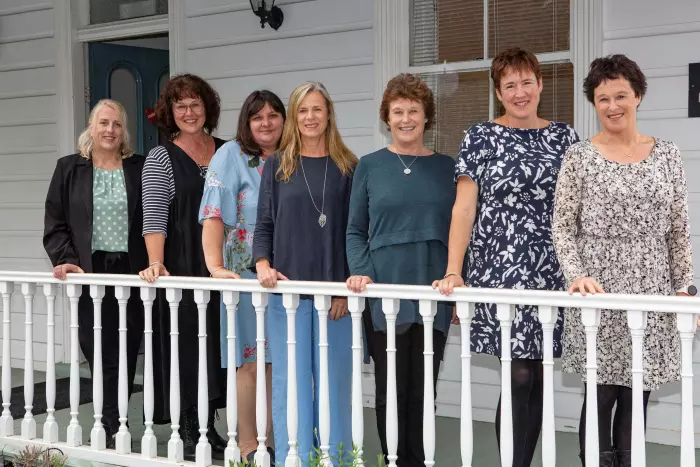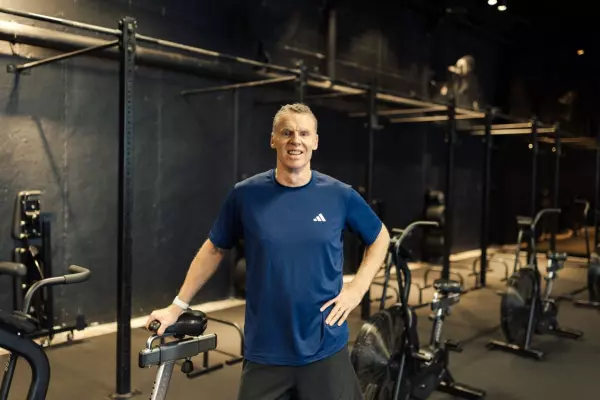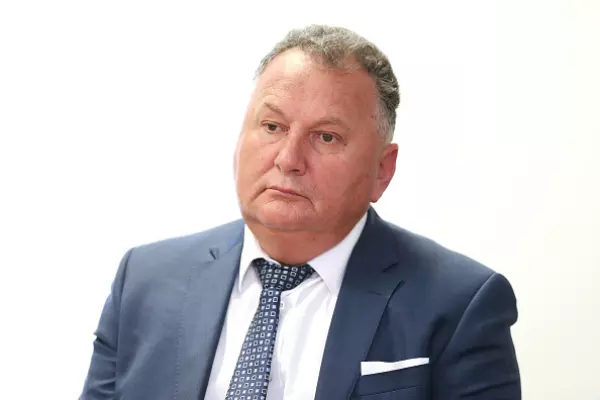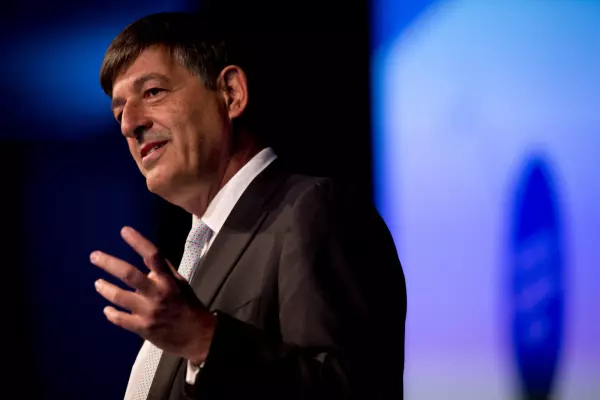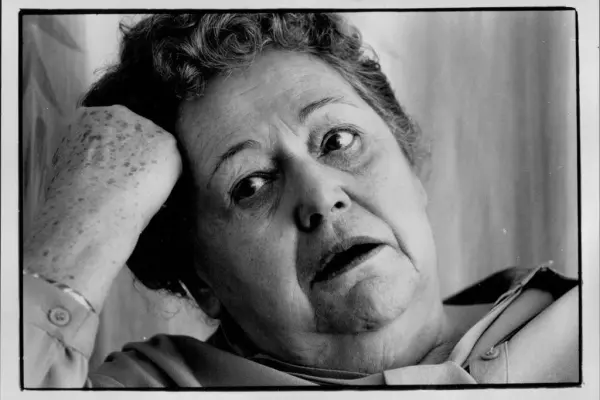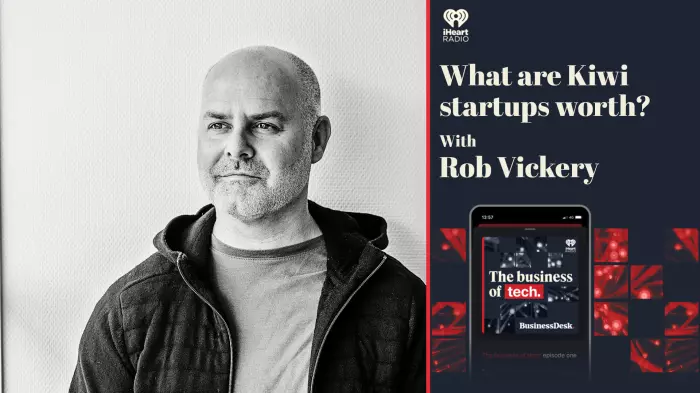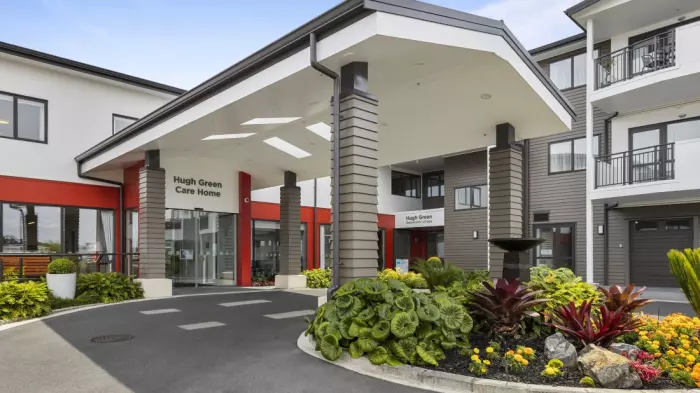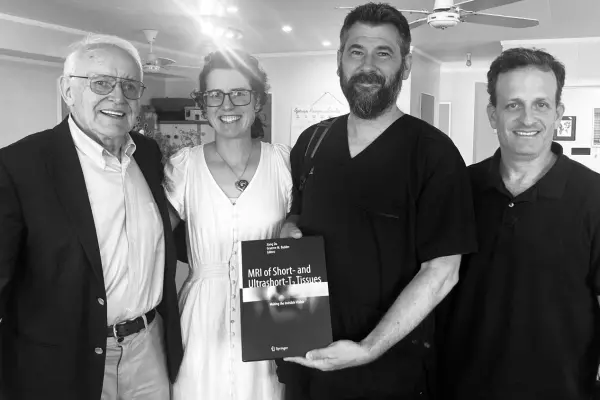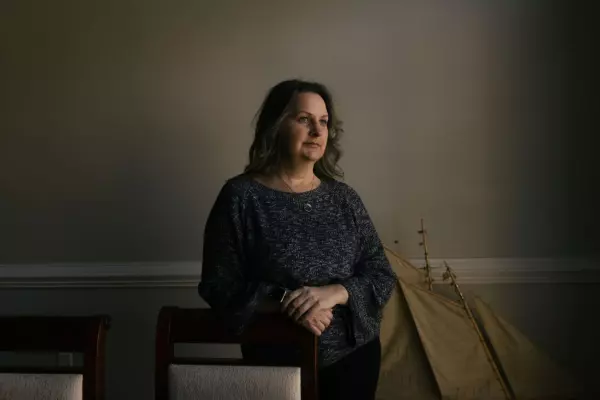Many businesses in the competitive funeral industry in New Zealand are keen to grow as much as possible, but not Janet Mikkelsen.
The funeral director and co-owner of Aroha Funerals wants to keep her business focused on delivering "bespoke funerals" for 200-300 people a year.
Just like the name of the firm, aroha, a funeral should be “a time of love", Mikkelsen says.
She says it’s been important for Aroha Funerals to be “informal and personalised” in their approach to death and people’s grieving processes.
But being informal and personalised doesn’t mean being unprofessional, she says.
"It's just about helping people find things that work for them."
It’s been a vital part of their business to stick to their values, she says. They have a sustainable and eco-friendly approach while doing everything possible to provide care for the people they prepare funerals for and their grieving families.
“To be able to stick to our values, we have to stay small."
A career in death
For 30 years, Mikkelsen was a paediatric oncology nurse caring for children with cancer, before she turned to funeral directing.
She has seen a lot of people die and believes death shouldn't be something people fear.
"Death is going to happen to everyone, so the more we talk about it, the more comfortable people will become,” she says.
As a nurse, she became skilled at caring for children of all ages who were going through cancer, as well as supporting their families through the pain.
"I did that for a long time and I loved it. It was wonderful work.
“You’re involved with families for long periods of time with paediatric cancer, so it was challenging work but an opportunity to do a lot of things that made a difference to families.”
In the last seven years of her nursing career, she moved from working with child cancer patients to joining the palliative care team at Starship Hospital.
The work there was “confronting” because she was caring for dying children and grieving families every day, but she got “very comfortable” talking about death in a gentle and honest way, she says.
After seven years, the work started to feel “overwhelming” and she knew she needed to move into a less emotionally exhausting career – she just didn’t expect to find it in the funeral industry.
Bringing gentle change
Mikkelsen has now worked as a funeral director for nine years. She started at State of Grace Funerals, where she spent five years learning the craft and finding her place in the funeral industry.
Then, in 2019, she started Aroha Funerals with her business partner and identical twin sister, Gillian Craig.
Mikkelsen manages every aspect of the funeral direction process, but Craig runs the accounting side of the business.
The team has grown to include four more full-time funeral directors and two part-timers.
“One of the things I think people don't understand about this job is what lovely work this is,” Mikkelsen says.
“You're helping someone during a really vulnerable time and you have skills and expertise and knowledge that can help them through that.”
The Aroha Funerals headquarters runs out of a small but sunny cottage in Mt Wellington, Auckland, that was built in 1916 and still looks part of that era. They also have a branch in Takanini, and are about to open an office space and drop in centre at the Meadowbank Mall.
One service that makes Aroha Funerals stand out from most funeral homes in the country is that they won’t embalm the people that come into their care unless a family specifically asks for it.
Mikkelsen says embalming can be invasive and it’s a route some people don’t feel comfortable going down.
This means 95% of their funerals are non-embalmed. Instead, Mikkelsen’s team uses a cooling room in the cottage kept at four degrees Celsius. They find this more than does the job.
“If people aren't embalmed, they keep their natural colour,” Mikkelsen says.
Throughout the pandemic, the funeral industry has had to work around the difficulties that covid-19 has placed on organising funerals.
At times over the past two years in Auckland, there were long wait times for crematoriums, which had backlogs after each lockdown.
Aroha had to keep some people in the cool room for up to two and a half months.
The pandemic has made the job of a funeral director increasingly challenging, but Mikkelsen says Aroha Funerals coped well throughout covid-19.
She says the pandemic has been difficult for many families. Many family members suffered heartache because they weren't able to attend their loved one’s funeral – and the cost can be a financial burden.
Mikkelsen says she’s keenly aware of the financial pressures that funerals can put on people when they’re already going through what is often one of the most painful points of their life.
Burials are becoming more expensive because of the lack of proper burial space in the country and there’s an overwhelming difference in price between burial and cremation. A burial plot can cost up to $10,000, while a cremation can cost about $750.
She says most of the people that come through their doors choose cremation and that number is getting higher every year.
To help buffer some of this financial strain, Aroha offers “rental coffins”, which are significantly cheaper and have become increasingly popular.
Aroha’s “rental coffins” are $800 each, while traditional caskets start between $3,000 and $4,000.
People can pick their preferred rental coffin and then the person is placed in a smaller, ply coffin inside it. The person stays in the ply coffin for cremation or burial, but the rental casket can be reused, Mikkelsen says.
Precious goodbyes
According to her, it’s important to her that families get to take as much part in a loved one’s funeral as they would like. Most people find a lot of peace in spending some last, precious moments with them.
She always asks families if they would like to help dress their loved ones for their funeral and most people want to be involved. It can be “beautiful” to watch.
She says it can be difficult spending so much time with a family and getting close to them, then not being part of their lives any longer when the funeral is over.
Mikkelsen adds that there aren’t many things you need to be good at to be a funeral director, but one characteristic is more important than anything else.
“The most important quality you need in this job is to be kind,” she says. “Kind, gentle, and organised.”


